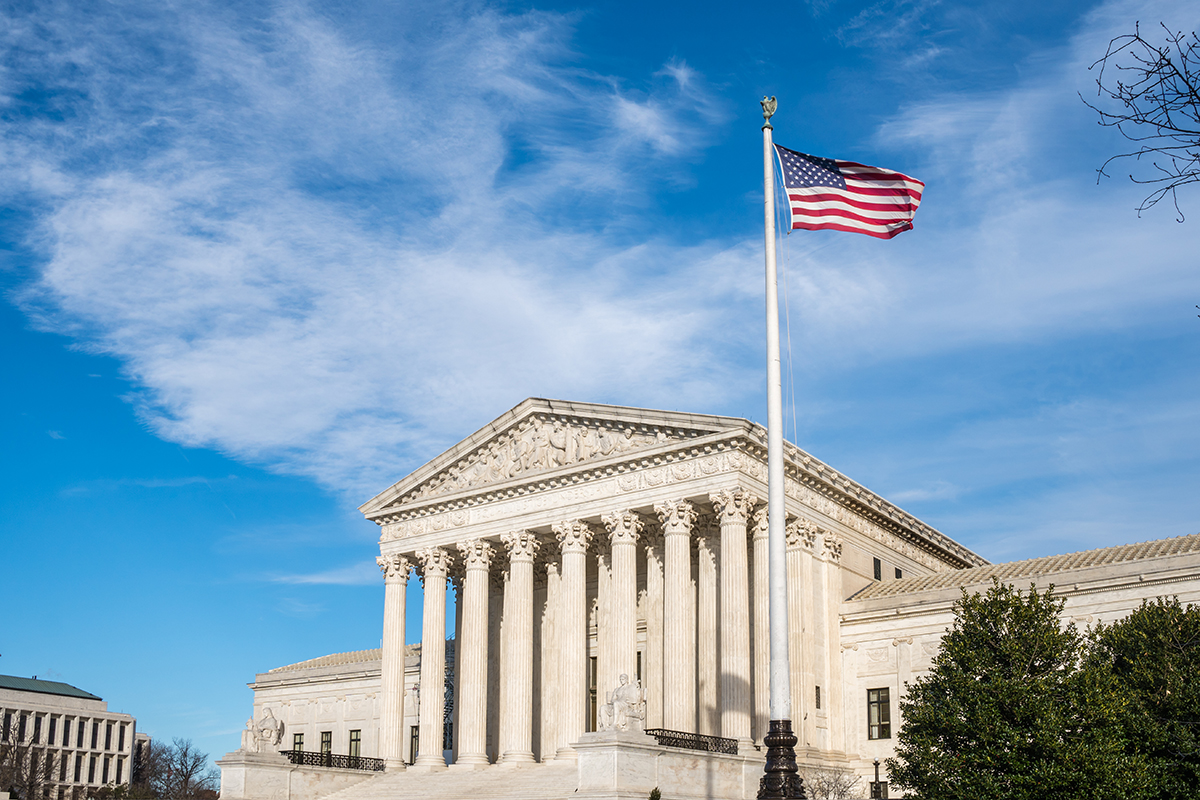Waiving The Right to Arbitrate

In determining whether a party has waived its right to arbitrate, must prejudice be shown? In Morgan v. Sundance, Inc., the United States Supreme Court in answered this question, no.
In Morgan, Morgan sued her employer, Sundance, for violations of the Fair Labor Standards Act, alleging Sundance failed to pay her overtime while working at a Taco Bell franchise. When she was initially hired, Morgan signed an agreement requiring arbitration of any disputes. Morgan nonetheless filed her claim in the US District Court for Southern District of Iowa. In lieu of immediately invoking its arbitration right, Sundance filed an answer and mediated the case. After approximately 8 months, Sundance sought to compel the case to arbitration. The trial court denied Sundance’s motion; Sundance appealed to the US Court of Appeals for the Eighth Circuit, which reversed the trial court’s ruling.
The Eight Circuit relied on earlier precedent finding there could only be a waiver of arbitration if the non-waiving party could show 1) knowledge of the arbitration right; 2) the party possessing the right to arbitration acted inconsistently with the right; and 3) the non-waiving party suffered prejudice by the waiving party’s inconsistent actions. The third-prong regarding whether the non-waiving party suffered prejudice was the sole focus of the US Supreme Court. Why? Many, but not all, federal courts of appeals, including the Fifth Circuit which covers Texas, adopted the prejudice requirement premised on the notion that public policy favors arbitration. The Supreme Court agreed to hear this case to reconcile the differences between the various courts of appeals.
Reversing the Eight Circuit, the US Supreme Court held that considering whether the non-waiving party suffered prejudice was not appropriate for determining waiver. Instead, the proper inquiry, and the inquiry used for determining waiver of rights for other contractual provisions, is whether “Sundance knowingly relinquished the right to arbitrate by acting inconsistently with that right”. The Court reasoned that the Federal Arbitration Act’s policy favoring arbitration policy does not allow courts to develop arbitration-specific standards to determine whether waiver has occurred. Instead, the FAA’s stated policy intent of favoring arbitration was intended to “overrule the judiciary’s longstanding refusal to enforce agreements to arbitrate and to place such agreements upon the same footing as other contracts”.
Understanding what actions may be inconsistent with preserving arbitration rights is important in determining whether a party’s actions comprises waiver of those rights. Our attorneys in Dallas and Austin have significant experience enforcing and arguing against enforcement of arbitration rights, and are available to answer any questions you may have. Please contact us at info@gstexlaw.com.
Legal Disclaimers
This blog is made available by Gerstle Snelson, LLP for educational purposes and to provide general information about the law, only. Neither this document nor the information contained in it is intended to constitute legal advice on any specific matter or of a general nature. Use of the blog does not create an attorney-client relationship with Gerstle Snelson, LLP where one does not already exist with the firm. This blog should not be used a substitute for competent legal advice from a licensed attorney.
©Gerstle Snelson, LLP 2023. All rights reserved. Any unauthorized reprint or use of this material is prohibited. No part of this blog may be reproduced or transmitted in any form or by any means, electronic or mechanical, including photocopying, recording, or by any information storage or retrieval system without the express written permission of Gerstle Snelson, LLP.

